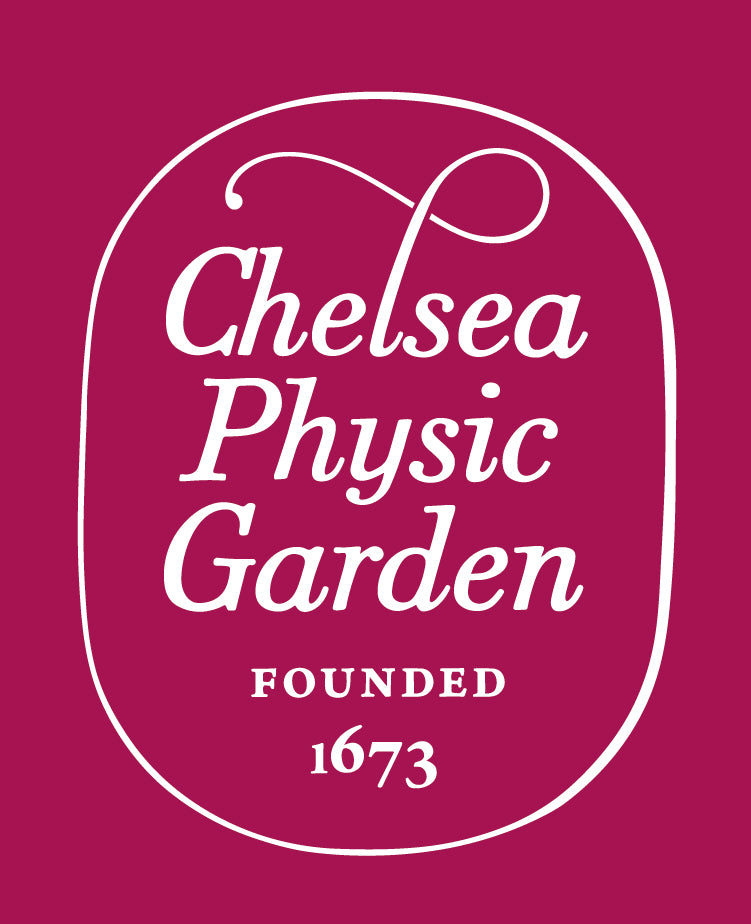
Solanum lycopersicum - tomato
£25.00
/
Size information
Solanum lycopersicum - tomato by Diana Everett
Solanum lycopersicum, commonly known as the Tomato, is a fruiting plant native to South America. Though now a staple in cuisines worldwide, the tomato was once regarded with sus-picion in Europe due to its relation to the toxic nightshade family. However, its rich nutritional content has made it a valuable food with numerous health benefits, including supporting heart health and reducing inflammation. In traditional medicine, tomato pulp was sometimes ap-plied to the skin to soothe burns, while its juice was believed to aid digestion. In folklore, the tomato has been associated with both love and protection. In Mediterranean traditions, it was sometimes considered an aphrodisiac, while in parts of the Americas, toma-toes were thought to ward off negative energy. Some early European superstitions suggested that placing a tomato on a windowsill could repel evil spirits or bad luck.
Chelsea Physic Garden has been a centre of medicinal plant knowledge for over 350 years. Established in 1673 by the Worshipful Society of Apothecaries of London, it is one of the oldest botanic gardens in Britain. Its living collection includes species from across the globe, many with histories deeply rooted in medicinal and cultural practice. Today, the Garden continues to inspire learning, offering a space for people to connect with nature and explore the essential role plants play in our health, culture, and survival.
Chelsea Physic Garden has been a centre of medicinal plant knowledge for over 350 years. Established in 1673 by the Worshipful Society of Apothecaries of London, it is one of the oldest botanic gardens in Britain. Its living collection includes species from across the globe, many with histories deeply rooted in medicinal and cultural practice. Today, the Garden continues to inspire learning, offering a space for people to connect with nature and explore the essential role plants play in our health, culture, and survival.















